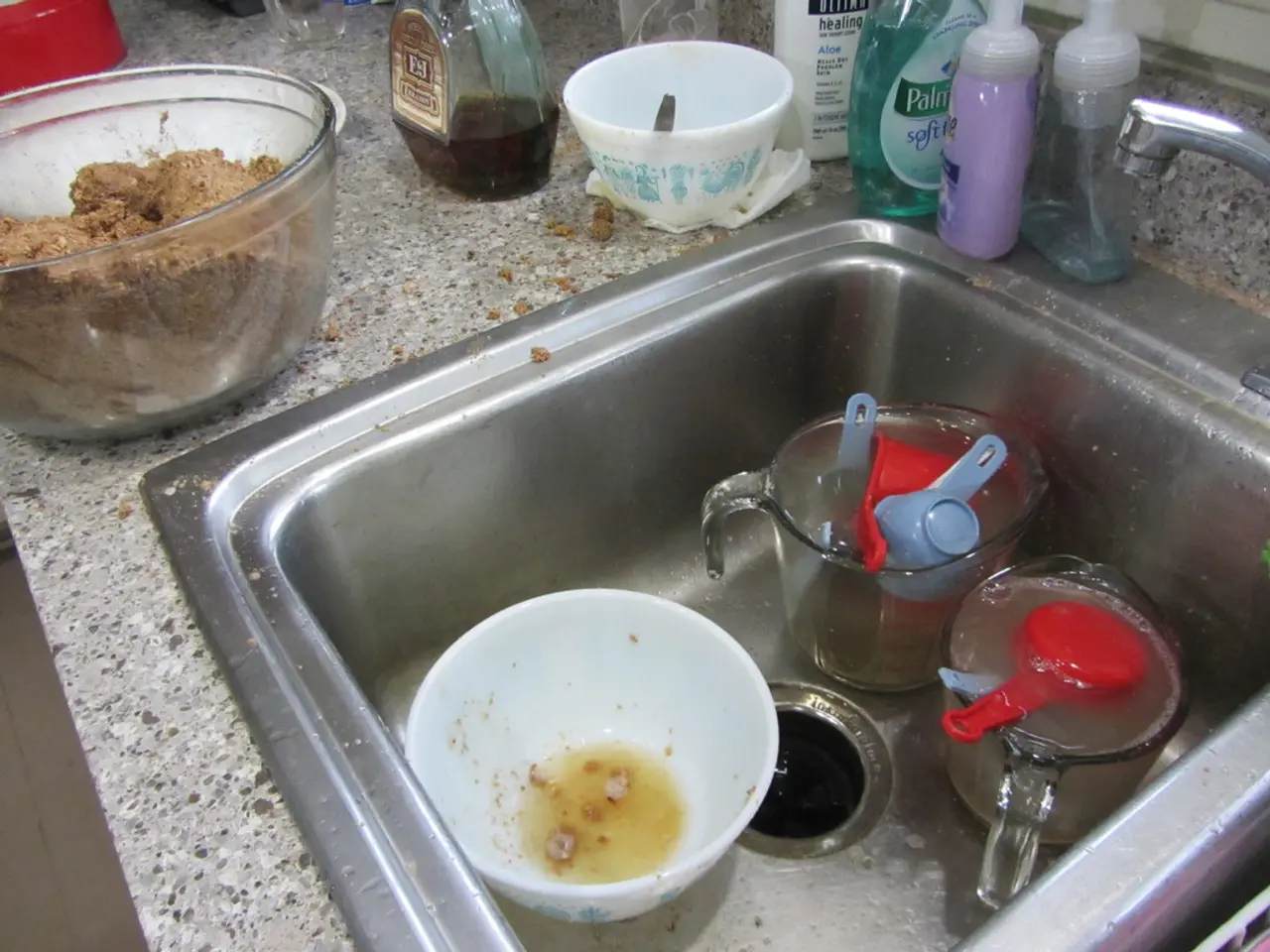Workshop for creating forest-in-a-jar and natural soaps hosted by Sungrow on 15th April, 2025
In an effort to promote environmental awareness and action, the foundation organised a collaborative event with the Sungrow team on April 15th. The workshop, themed around mindfulness, relaxation, and discussions about the environment, aimed to explore how daily choices impact the environment.
The first part of the workshop focused on creating natural soaps. Tables were covered with dried flowers, herbs, and natural dyes for participants to use in creating unique soaps. Sungrow employees learned the process of handmade soap-making, including selecting natural ingredients, melting the base, and composing fragrances.
The soap-making activity provided an opportunity to discuss the harmful effects of many ingredients in traditional cosmetics on both skin and the environment. Handmade natural soaps, it was explained, typically use plant-based oils, glycerin, aloe, and essential oils which hydrate and nourish skin while avoiding harmful chemicals like sulfates, parabens, synthetic fragrances, dyes, and triclosan often found in conventional cosmetics.
Each participant created a unique, fragrant cosmetic during the soap-making activity. The air during the activity was filled with the aromas of essential oils, adding to the relaxing atmosphere of the workshop.
The second part of the workshop involved creating mini ecosystems in glass jars, known as terrariums. This activity further emphasised the importance of making mindful choices to reduce our environmental impact.
The workshop resulted in the creation of natural soaps and mini ecosystems in glass jars. The Sungrow team left the event with a newfound appreciation for the benefits of handmade natural soaps, both for personal health and the environment.
Handmade natural soaps offer several key benefits over traditional cosmetics, both for personal health and the environment.
- Health benefits: Natural soaps hydrate and nourish skin while avoiding harmful chemicals, supporting the skin’s natural barrier and reducing irritation or allergic reactions.
- Environmental benefits: Compared to traditional liquid cleansers and many commercial cosmetics, natural handmade soaps have lower environmental impacts due to their zero-waste or biodegradable packaging, renewable plant-based ingredients, reduced plastic pollution, and minimal impact on septic systems.
In summary, handmade natural soaps combine skin-friendly, moisturizing ingredients without harsh chemicals, while also reducing plastic waste, toxic pollution, and environmental footprint related to packaging and ingredient sourcing. This makes them a more sustainable and healthier choice compared to many traditional cosmetics and liquid cleansers.
- In line with sustainable living and education for self-development, the workshop demonstrated how handmade natural soaps can contribute positively to personal health and the environment.
- With a focus on personal growth and home-and-garden activities, the creation of handmade natural soaps offers health benefits by using natural ingredients and avoiding harsh chemicals, while reducing waste and promoting a more sustainable lifestyle.




